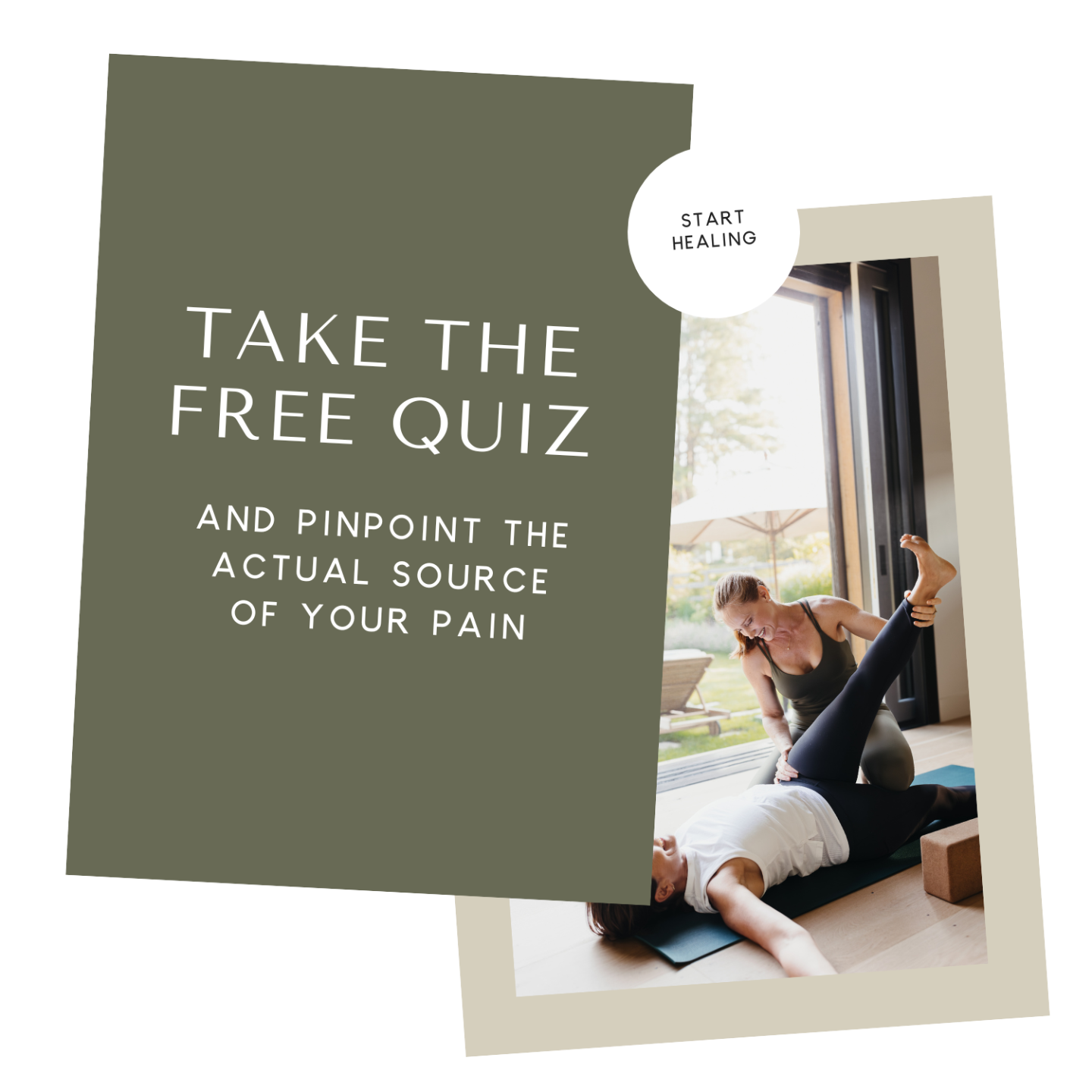Foraging Ramps: Tap Into The Wisdom And Potent Healing Power Of Nature
May 08, 2021
The act of foraging is a way to connect with the land and have a real relationship with the food we eat. When we forage, we’re harvesting the wisdom and gifts of nature on an even deeper level than if we go for a hike or garden. We’re on a treasure hunt, so have to become hyper-alert to our surroundings, engage all our senses, and remain fully present in the act of seeking out often hidden bounty. It is in itself a form of moving meditation.
Foraging keeps us strongly connected to the seasons. We must move out into the elements, learn what grows where and when, observe the interconnectedness of these plants with their habitats and the seasonal cycle. We learn what our bodies need in each season and engage in the miracle that the plants provide exactly those nutrients. I also find it deeply satisfying to engage in a practice that humans have done long before agriculture. It is as though I am scratching an ancient itch, remembering old wisdoms that we only recently have forgotten. I feel connected to my ancestors and to my environment.
Wild foods and herbs are often the most potent nutritional support we can get, far exceeding the nutritional values of our domesticated plants. They provide the specific needs our bodies have at that particular season. Ramps are an excellent example.
Ramps, or Allium tricoccum, are a wild onion native to Eastern North America. They’re some of the first plants to emerge in the deciduous forests from Quebec to Georgia and west to Minnesota. All parts of the plant except the roots are edible, and they can be eaten raw, cooked, and pickled. They have a mild, slightly sweet garlicky-oniony flavor.
The ramp has been used for generations as a spring tonic to cleanse the blood.
Long-held ramp festivals wherever these plants are found celebrate this medicinal plant. The emergence of ramps marks the beginning of springtime and the importance of this plant in cleansing the system after a long winter’s diet of what was traditionally stored foods and meats. Native Americans have eaten them and used them as spring tonics and to treat worms. They made juice out of the bulbs to treat insect stings and earaches.
Unfortunately, this wild food has become incredibly popular among foodies, and demand is higher than is sustainable. There are some regions in which the ramp is being foraged to extinction. Ideally, the bulk of the ramps we get at the market and in restaurants would be leaves only, so the bulbs can remain underground and produce again the following year.
When you forage, please do so with respect for the environment and the plant you are picking.
Do not clear out entire clumps, rather take one or two from a cluster, and even better take only one bulb from a cluster, and just the leaves from another bulb. Take only what you need, which isn’t much. Leave enough for future harvests, leave no footprint, and give thanks to the plant and the ecosystem supporting it.
I truly believe that foraging is healing on multiple levels, and I encourage you to explore the bounty in your own region. Find a teacher or seek out good guidance on the internet. Dina Falconi is a teacher whose knowledge I trust. There are a few people whose minds I wish I could download into mine, and Dina’s is one. I look forward to when I have enough time to study under her. Please check out this Master of foraging and plant medicine www.wildfoodhealthboosters.com.
Enjoy!

Pain is your body's way of signaling that something needs your attention.
Do you want to know what it is?
This comprehensive self-assessment quiz will help you locate your pain at its source. Immediately begin to heal your anxiety, depression, GI issues, or physical misalignments to be pain-free once and for all.




